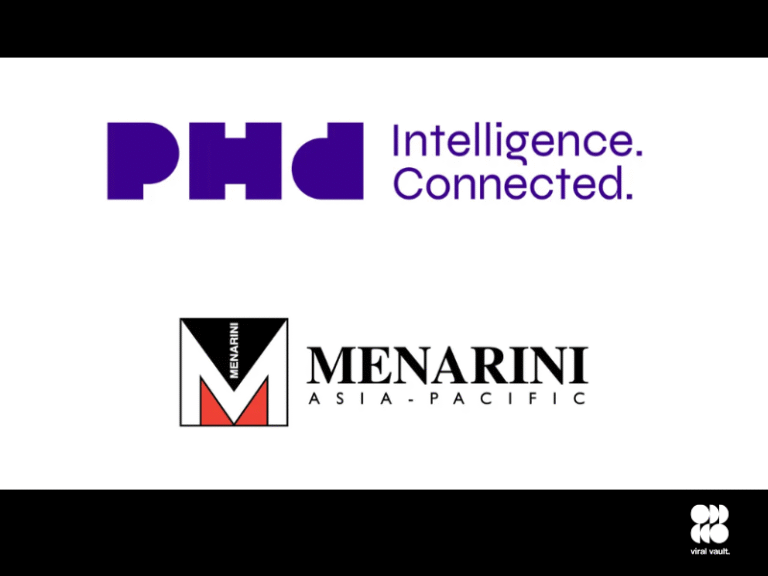Meta has officially launched a dedicated AI application powered by its Llama 4 model, expanding its AI capabilities beyond social media platforms. This marks a significant shift in Meta’s ambition to offer a more personalized, voice-driven AI experience, directly challenging OpenAI’s ChatGPT, Google’s Gemini, and Elon Musk’s Grok.
Unlike other AI tools, Meta AI leverages user data from its ecosystem, including Facebook and Instagram (with user consent), to deliver contextual, tailored responses. The standalone app is currently available in the U.S. and Canada, with plans to expand globally.
One of the app’s standout features is voice interaction, powered by an experimental full-duplex speech technology. Unlike traditional voice assistants, this tech generates voice responses in real-time, aiming for more natural, flowing conversations. This voice feature is accessible in the U.S., Canada, Australia, and New Zealand, though Meta cautions users about potential inconsistencies during its experimental phase.
The app also features a “Discover feed”, showcasing how users are interacting with Meta AI—offering inspiration and ready-to-use prompts. Importantly, user activity is private by default and only shared publicly if explicitly posted.
Additionally, the app integrates with Ray-Ban Meta smart glasses, enabling users to seamlessly transition conversations from wearable devices to their phones—underscoring Meta’s push into AI-driven hardware.
While Meta enters the standalone AI app space later than competitors, its vast daily engagement across Instagram, WhatsApp, Facebook, and Messenger gives it a powerful edge in scaling its AI offerings.












